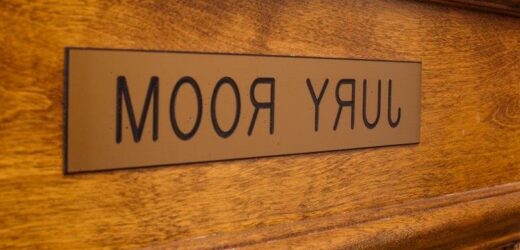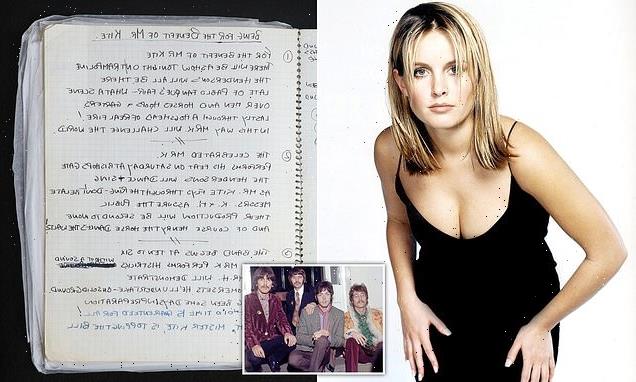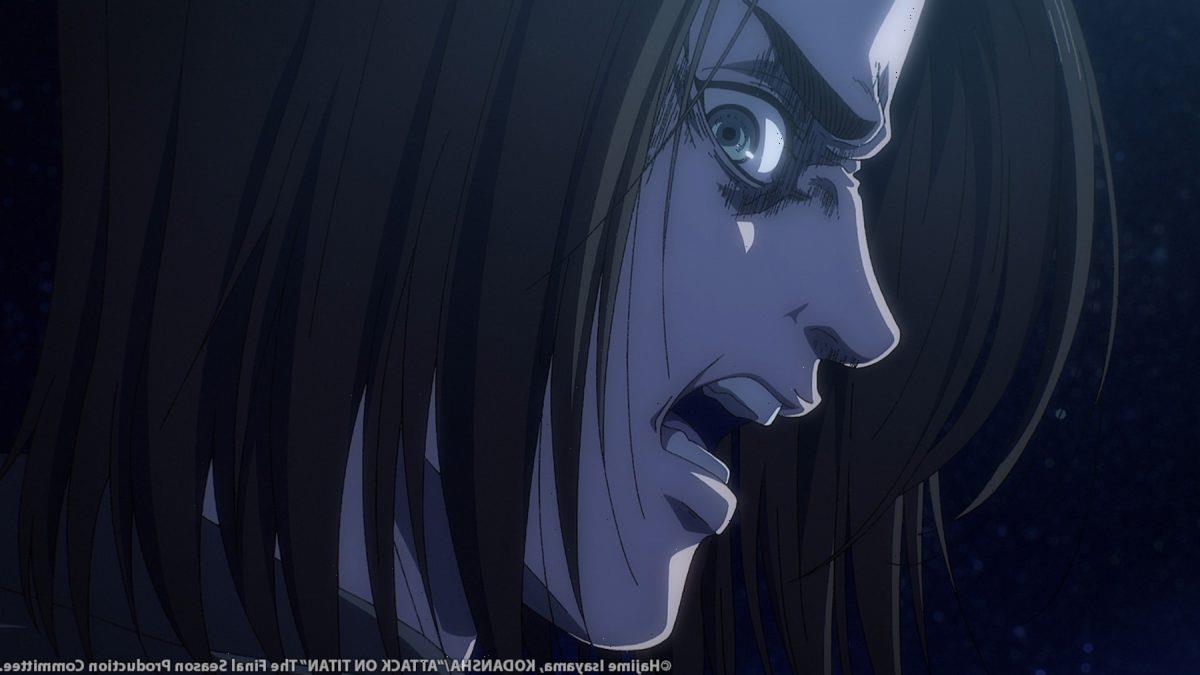It was day six of Ali Chaouk’s murder trial when the jury decided it had had enough.
The court had heard harrowing testimony about prominent underworld figure Mohammed Haddara being shot five times in the back, witnesses being forced to cover up and evidence destroyed.
What happens inside jury deliberation rooms is kept secret by law.Credit:Alamy Stock Photo
After lunch, the jury sent a note to the judge with a question that Chaouk’s defence counsel claimed would “hang like a Sword of Damocles” over the future of the case.
“Do we need to be concerned for our security and safety being in the presence of the accused and witnesses?” the jurors wrote.
Justice Kevin Bell was stunned.
“I’ve done a number of trials involving the crimes of violence and threats of intimidation and drug-running where the persons involved had criminal records and may seem … to be people who deserved to be feared, but I’ve never had a jury ask a question like this.”
The 2018 Chaouk murder trial was abandoned, the 13-person jury considered hopelessly contaminated by their apparent fear of the person whose innocence or guilt they were supposed to be determining.
The trial was one of more than 160 that have been aborted in Victoria in the past five years due to some form of misconduct, error, problem or interference with a jury, according to data obtained from Court Services Victoria.
Juries Commissioner Paul Dore declined to be interviewed by The Age about issues relating to juror safety concerns or allegations of jury tampering. But legal sources, including a veteran criminal judge who oversaw another recently aborted trial, say genuine threats against juries are highly unusual.
George Marrogi.Credit:Facebook
In 2020, the murder trial of underworld figure George Marrogi – charged with gunning down a rival in a busy shopping car park – was derailed after a juror saw a man lurking in the hallway of her apartment complex.
“I thought it was strange but didn’t think anything else of it. This afternoon, a member of the audience walked in during [evidence]. He acknowledged the Marrogis. My immediate thought – it was the man I saw in my apartment building on the weekend … a Marrogi associate knows where I live,” she wrote in a note to the judge.
Whether she was correct was ultimately irrelevant. The juror had become so distressed she had been sent home in a taxi, sending up warning flags that her 11 colleagues in the jury room had been contaminated.
“If we’re sitting here and we go on and there’s a conviction, and we haven’t solved this to the absolute satisfaction of everyone, you know, what happens?” said Justice Paul Coghlan, before discharging the jury.
“Attempts to influence and interfere with juries, I don’t know how many hundreds of jury trials, as a practitioner and a judge, I’ve been involved in, but such circumstances are incredibly rare.”
While only one offence for “embracery” (jury tampering) has actually been recorded in the past decade, according to the Crime Statistics Agency, plots have certainly been made.
Evidence tendered to the Royal Commission into the Management of Police Informants documented several instances where underworld figures, including drug kingpin Tony Mokbel, allegedly contemplated bribing or threatening juries.
According to police intelligence reports, powerful bikie John Higgs set up surveillance of the juror-only entrance to the court precinct, while another gangland player was observed talking to a juror.
Far more common are misadventures caused by jurors themselves as well as lawyers, judges and the media.
More than one in five criminal and civil jury trials have been “discharged” since 2017 due to some fatal flaw in the process – illness, accidents, misconduct or incompetence in how a trial was conducted or the behaviour of people associated with it.
Against the rules, jurors conduct their own research or read media reports of the trial they are involved in. Jurors have been sacked for falling asleep during cases or accepting a throat lozenge from an associate of the accused.
University of Melbourne professor Jeremy Gans, who wrote the book The Ouija Board Jurors about a famous English case of jury misbehaviour, said judges essentially have to ensure things don’t go too far with juries.
“Everyone knows crazy things happen in jury rooms. Jurors are normal people and weird things happen all the time, and if you discharged [a jury] every time there was weirdness, you’d never get to the end of a trial.”
Members of the public have also forced discharges for shouting “he’s guilty” within hearing of the jury room. The media has also irrevocably corrupted trials by publishing damaging information that was not before the jury.
The most infamous example was when a reporter with Yahoo7, who was not attending the trial of a man accused of murdering his partner, reprinted comments about the accused from the victim’s Facebook account that “predicted” her own death at his hands.
Lawyers and judges have also lost trials for engaging in personal attacks and introducing inadmissible evidence.
In an armed robbery prosecution in the County Court, a co-offender was accidently allowed to give evidence about all the crimes the duo had committed together beyond what the accused was charged with. In a follow-up trial, prosecutors bungled the case again by playing the accused’s confession to a different crime.
Most jury misadventures never become public. This is, in part, to protect the accused’s right to a fair trial and the integrity of the justice system. The circumstances of discharges in the Chaouk and Marrogi cases were suppressed by order of the court until they were retried (and both ultimately found guilty).
Whatever the cause, the financial and human costs have been steep for the more than 430 trials that have ended in some kind of debacle over the past five years.
Running a criminal jury trial now costs taxpayers about $29,000 in the County Court and $60,000 in the Supreme Court, according to the Productivity Commission. These figures don’t include what is spent by the Office of Public Prosecutions, the accused on their defence, or the various parties in civil lawsuits.
Yet, for good reason, our system is hard-wired to trial by jury.
“It means a group of 12 individuals chosen at random from the community, sitting in judgment on the accused person and not me,” Justice Coghlan said before discharging the jury in the Marrogi trial.
“We’ve maintained it for 800 years and we’ve done that because we haven’t found anything better.”
The Morning Edition newsletter is our guide to the day’s most important and interesting stories, analysis and insights. Sign up here.
Most Viewed in National
From our partners
Source: Read Full Article




